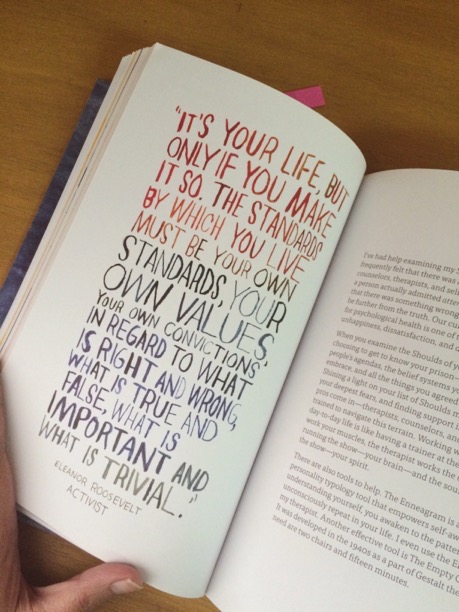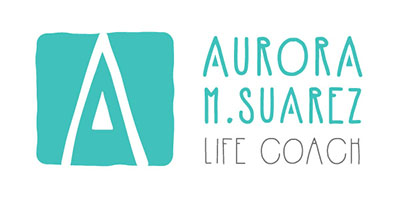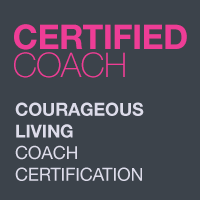
A Life Coaching Book Club favorite
When I first started training to be a life coach, I struggled with the term. It brought to mind quotes such as “Do more of what makes you happy” or “Do what you love,” soggy tissues, a pile of self-help books and The Secret-type practices such as writing a check with the amount you want to earn or penning a letter from your future self.
The alternative terms weren’t better. My teacher in my training program cautioned against “Life Awesome-izer,” “Sparkly Co-Dreamer,” “Change Catalyst” or “Magic Maker.” She encouraged her students to work through our resistance about being called life coaches and, like any good business owner, to focus on our clients, their problems, why we do what we do and how we can help them.
So what exactly do life coaches do?
My favorite definition is from coach.me, an IOS app that tracks personal improvement and also allows you to work with different coaches. Life coaching is a “powerful collaborative relationship which supports and empowers you in moving from where you are to where you want to be.”
When I work with clients, this is usually where they are. “I want to know what the next step is.” “I want to change my life but I don’t know where to start.” “I’m angry/sad because of this situation.” “I’m scared that I will fail/disappoint my boss/family/friends/everyone who loves me.” “I want to start a business/change career/leave my marriage, but I don’t know how.” “I want to be happy.”
Where they want to be is actually very simple. It’s what we all want but our definitions change, depending on what we value.
“I want to live a life that’s authentic to me and to do work that matters.”
It’s a simple statement that can lead to real change—whether that’s about losing weight, dealing with burnout, finding a job you love, leaving an unhappy marriage or starting a business. It’s about digging deep and finding out who you truly are and what you truly want.
Something inside nags at you when you’re looking for change. Sometimes circumstances will provide the wake-up call (a disastrous accident, getting fired from your job, a major health concern). But most times, it’s a niggling little voice that lets you know that things aren’t okay. You might feel it in your body (a pain in your tummy, a prickle at the back of your neck, a tightening in your chest). You might avoid talking about a sensitive subject. You might be feeling more tense, unhappy or bored than usual. When this happens, it’s time to check in with the little voice and find out what’s up.
What a coach will do: discover the stories you tell yourself, find out how those stories are holding you back and work with you, session by session, practice by practice, to make the changes you want in your life. You will listen to that little voice instead of pushing it aside and you will face what you have been avoiding. Through awareness, your needs become clearer and you are helped with the steps and given the tools you need to get to where you want to go.
So yes, most times life coaches do make your life more awesome. We can imagine sparkly dreams together. During sessions, we hope we can make some magic and allow change to happen. But I choose to call myself a life coach because I want to more than just be a self-help book or motivational poster come to life but to actually empower you and provide you with the tools you need to live a life that’s truly yours.
(NOTE: A version of this post was supposed to come out as an article in Entrepreneur Philippines magazine. However, the magazine closed before I could edit it so I decided to use it on my site anyway.)







